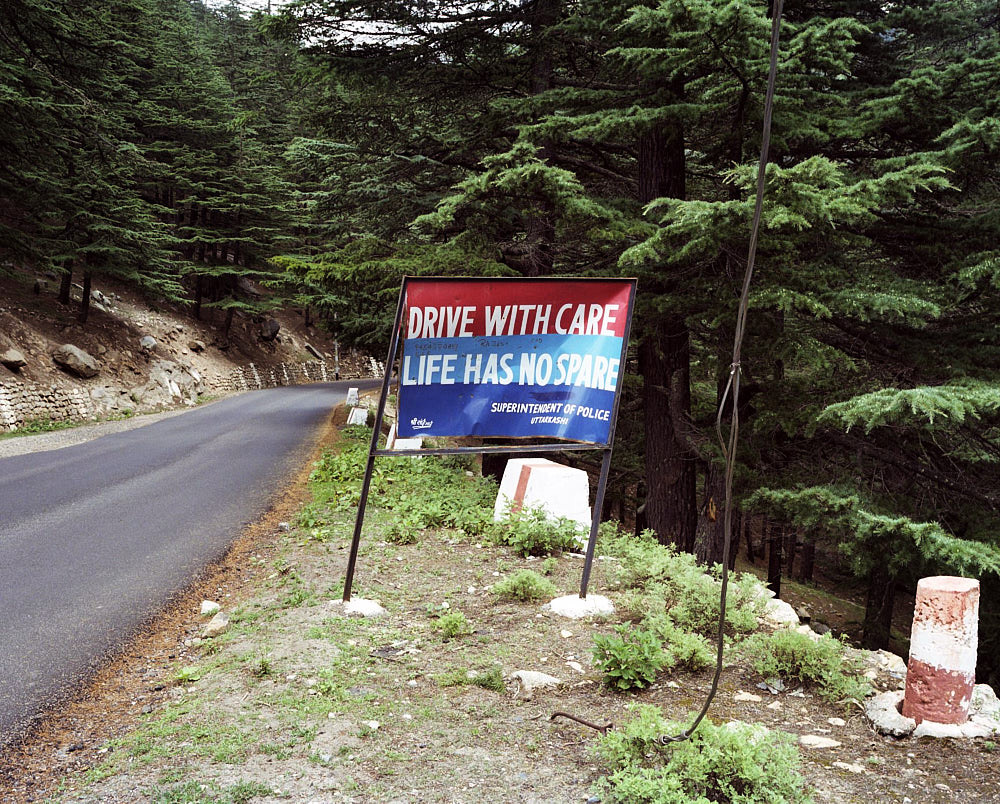 Nishant Shukla, Untitled, from the series Seeking Moksha, courtesy the artist
Nishant Shukla, Untitled, from the series Seeking Moksha, courtesy the artist
Your life has no target.
I have a target in my life.
That’s why I say you’re a vagabond without target.
You live life the way you want but you don’t have a goal
for which you would put your life on the line.
Where do you have to reach? Delhi, Ladakh? Do you understand?
You’re a confused person.
There are many people like you.
Who can’t choose what they want from life.
Vedantananda
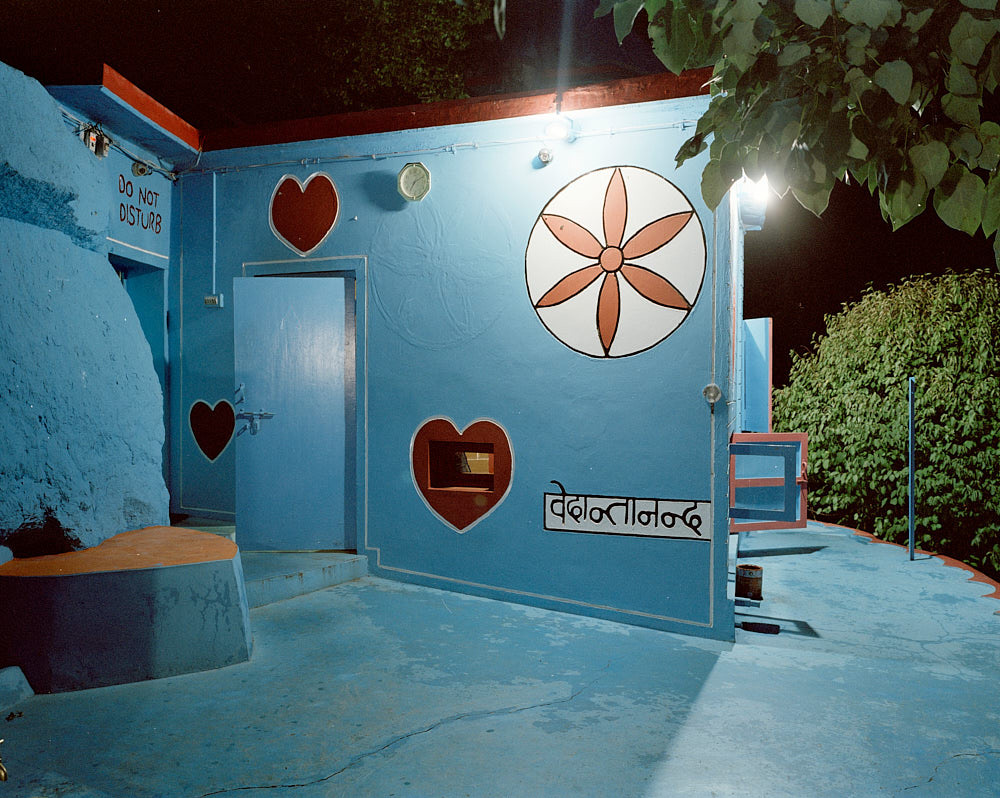 Nishant Shukla, Untitled, from the series Seeking Moksha, courtesy the artist
Nishant Shukla, Untitled, from the series Seeking Moksha, courtesy the artist
Who am I?
This is why I’m here for the last 11 years, to find the answer to this question.
I’m looking for the person who can give me some answers.
But I haven’t been able to find them.
How can I possibly tell you?
Everything that I can tell you is second hand information.
It is all borrowed from other people.
I know nothing original.
Vedantananda
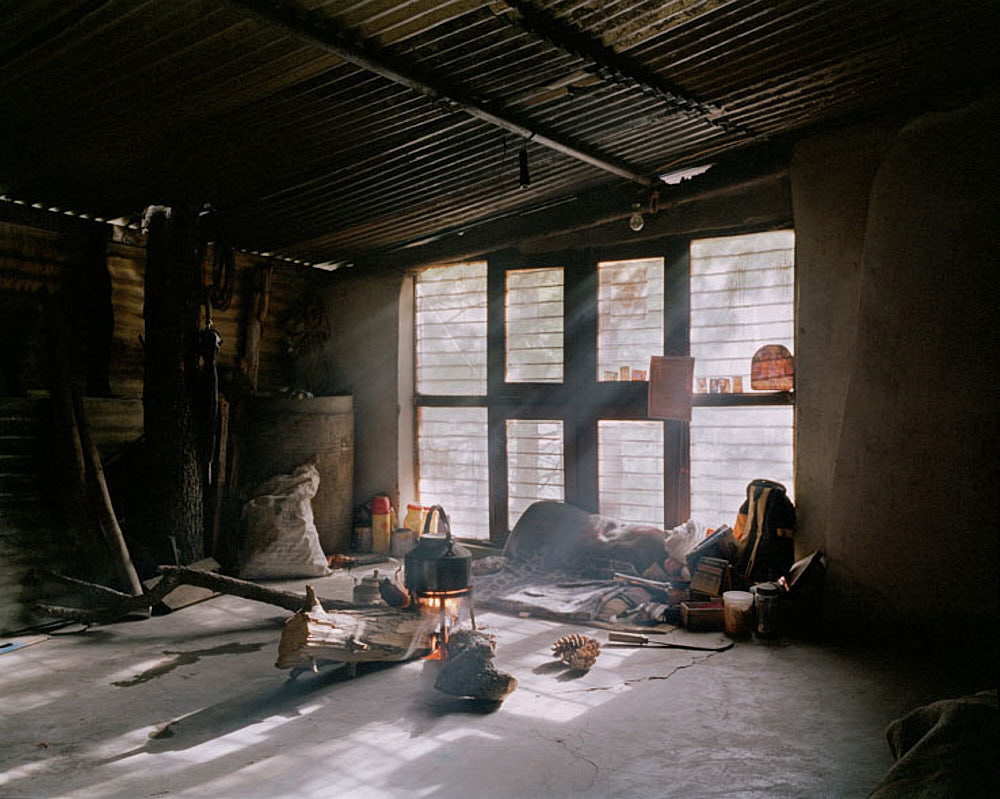 Nishant Shukla, Untitled, from the series Seeking Moksha, courtesy the artist
Nishant Shukla, Untitled, from the series Seeking Moksha, courtesy the artist
You have to prepare yourself
for the meeting with your maker.
If he appears to you in the middle of the night,
you won’t be able to deal with it.
Crying is a purification ritual for the soul.
I’m purifying myself from the inside,
I want to be ready for our meeting.
This penance is mine,
the knowledge I receive is mine, mine alone!
It is not transferable.
You will have to do your own.
You are not capable, you are just a vagabond…
Vedantananda
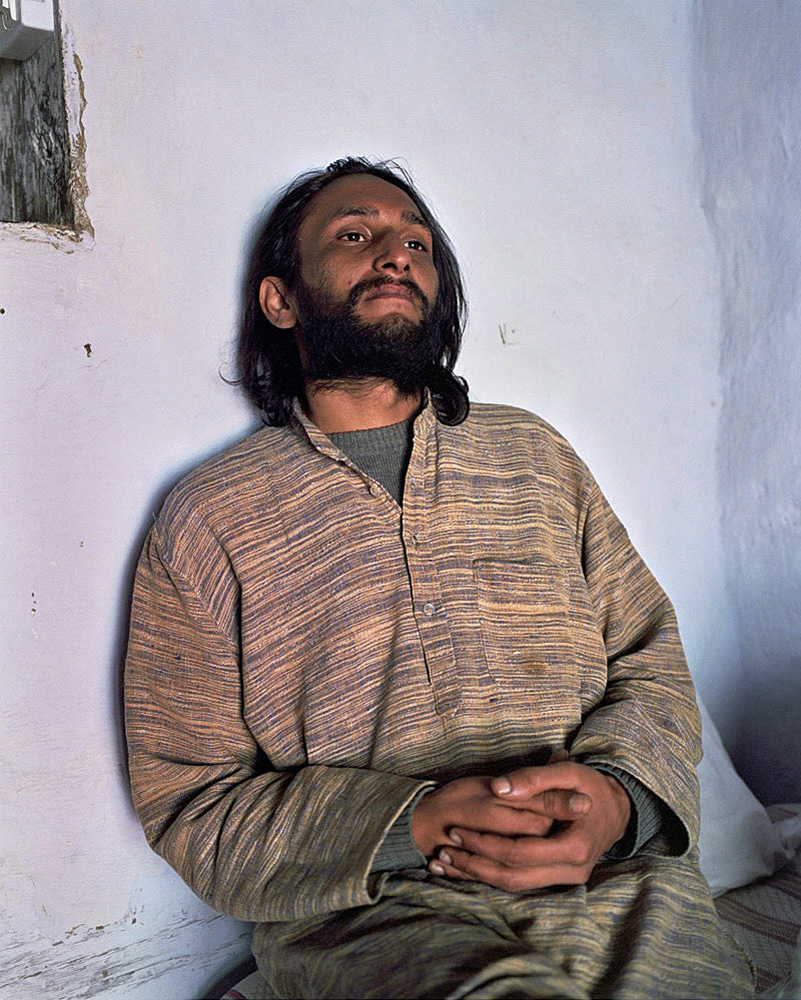 Nishant Shukla, Untitled, from the series Seeking Moksha, courtesy the artist
Nishant Shukla, Untitled, from the series Seeking Moksha, courtesy the artist
Meditation is cheating.
The person that meditates is cheating themselves and others by claiming that they are spiritual.
Meditation happens, you don’t do it.
If someone is doing it then it is not happening.
Vedantananda
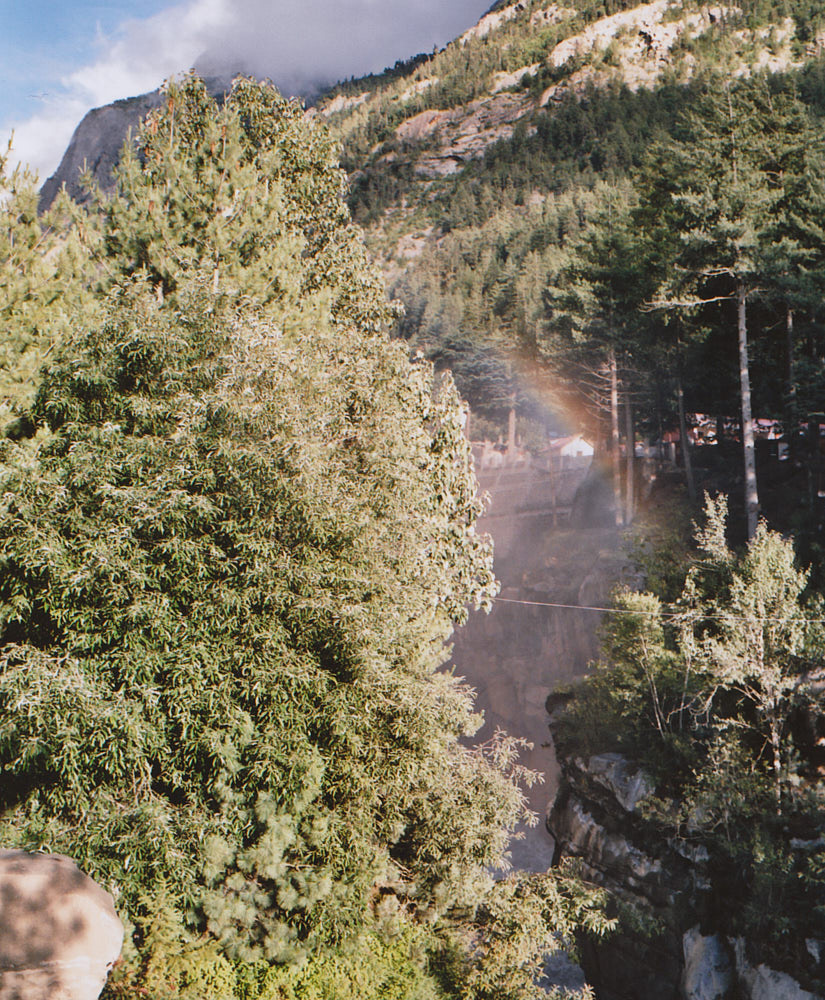 Nishant Shukla, Untitled, from the series Seeking Moksha, courtesy the artist
Nishant Shukla, Untitled, from the series Seeking Moksha, courtesy the artist
Who is making the Ganga flow?
This sun that is rising everyday, who is pressing the button?
The air is servicing you 24 hours, who is pressing that button?
Who is this person that God is giving orders to?
God doesn’t make anyone do anything.
His work is automatic.
The sun that is shining, coming and going regularly on time is for love.
The moon & the stars they come out for love, the trees grow for love.
All of this is spontaneous.
Vedantananda
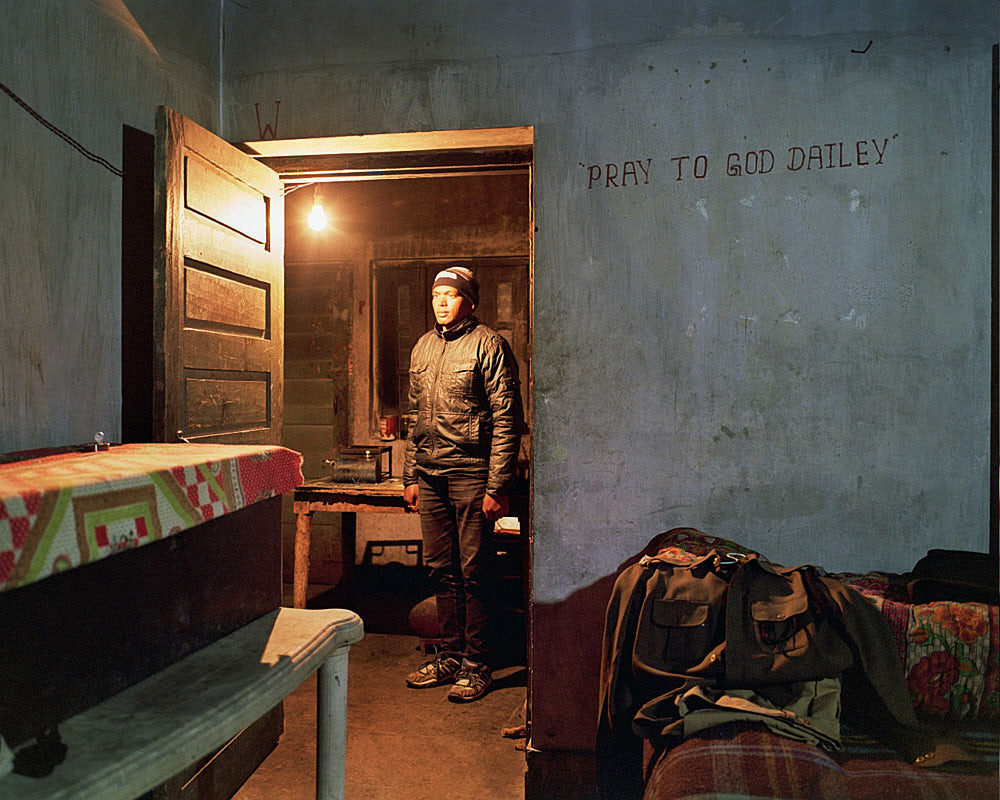 Nishant Shukla, Untitled, from the series Seeking Moksha, courtesy the artist
Nishant Shukla, Untitled, from the series Seeking Moksha, courtesy the artist
This is Bhakti.
This is divine love and devotion.
This is falling in love in God.
People will think I am mad.
I’m shouting for someone you can’t see.
This is about experience you can’t explain it.
This is for love that we exist.
I want to experience the love of God.
I want to sit in Gods lap.
Vedantananda
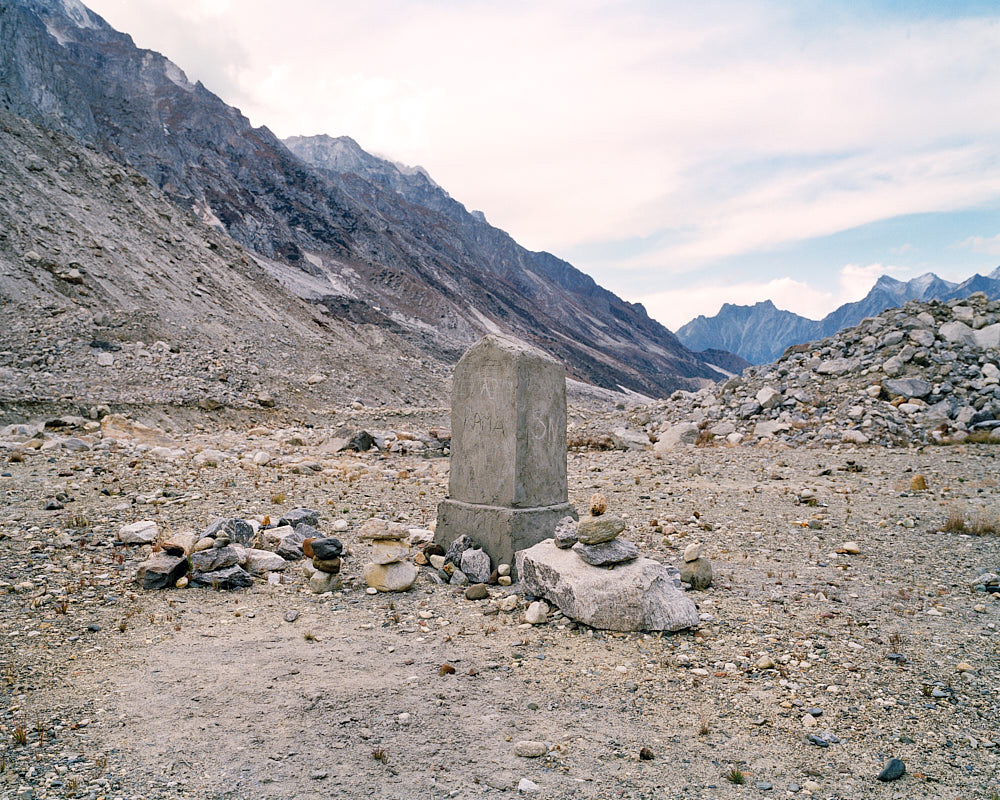 Nishant Shukla, Untitled, from the series Seeking Moksha, courtesy the artist
Nishant Shukla, Untitled, from the series Seeking Moksha, courtesy the artist
There is no end to it, until I find it.
It can only stop before if my life ends.
Vedantananda
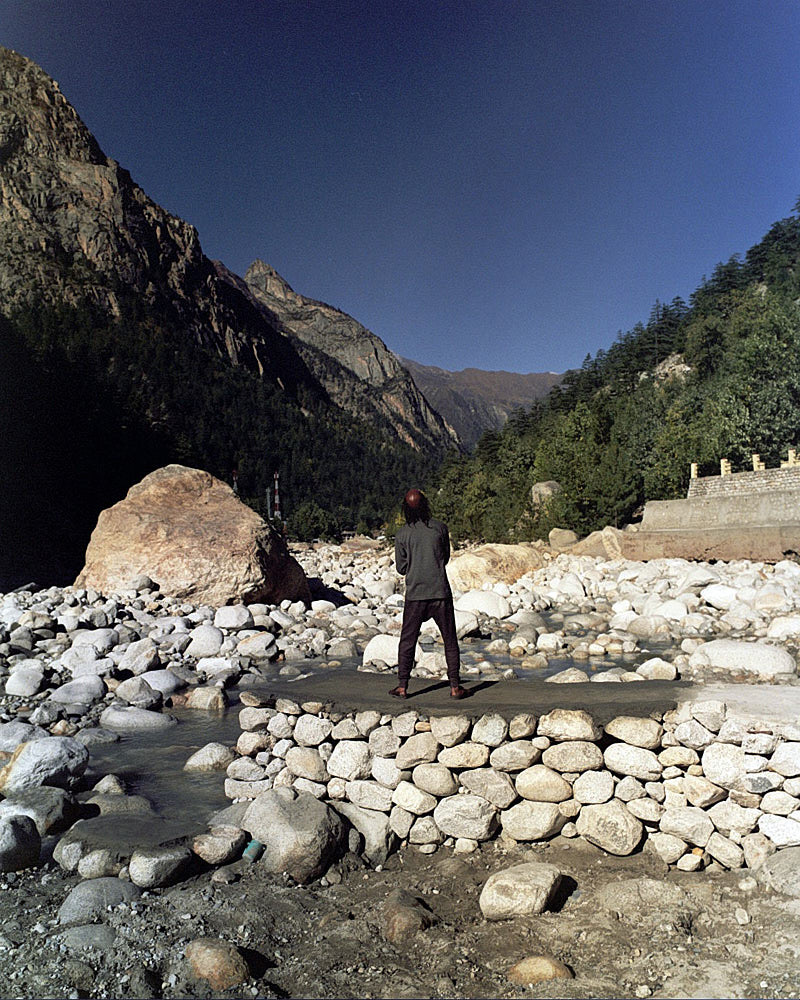 Nishant Shukla, Untitled, from the series Seeking Moksha, courtesy the artist
Nishant Shukla, Untitled, from the series Seeking Moksha, courtesy the artist
I’m calling like a child would call its mother.
Till my mother takes me in her lap, I will continue crying.
But if I lose my voice before, there is no chance.
So till I have my voice, till she lets me call her, I will call her.
Vedantananda
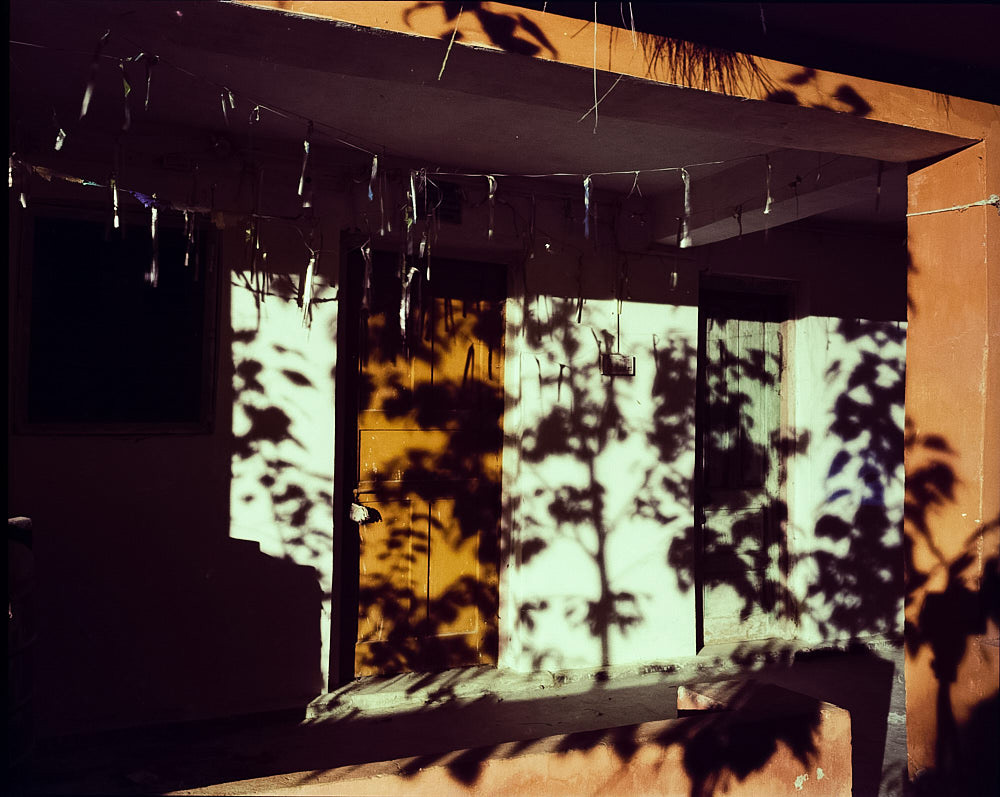 Nishant Shukla, Untitled, from the series Seeking Moksha, courtesy the artist
Nishant Shukla, Untitled, from the series Seeking Moksha, courtesy the artist
If you’re lost in the jungle at night you would shout,
“Is anybody there! Is anybody there!” Wouldn’t you?
You will cry and scream at the same time.
The thirst in my heart compels me to do it.
It’s for God I cry and shout.
Vedantananda
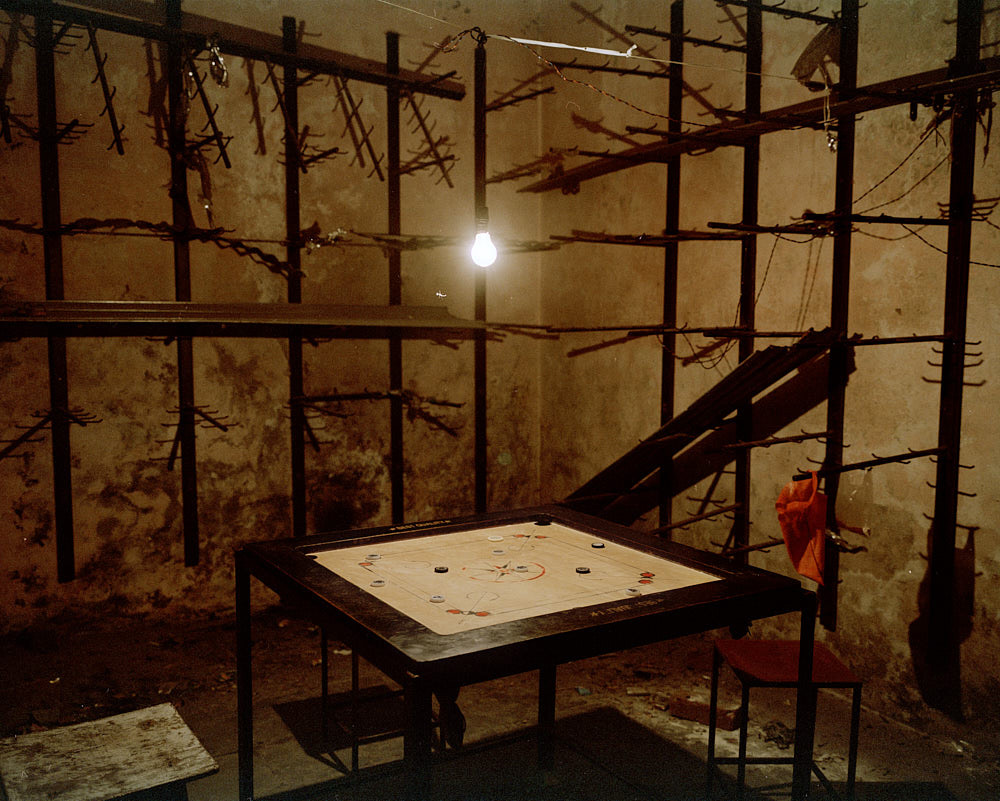 Nishant Shukla, Untitled, from the series Seeking Moksha, courtesy the artist
Nishant Shukla, Untitled, from the series Seeking Moksha, courtesy the artist
I have no target for how long I will continue.
I want the love to last forever.
This is not seasonal.
This is about putting your life on the line.
Even then, there is no guarantee,
because no one is watching.
Vedantananda
